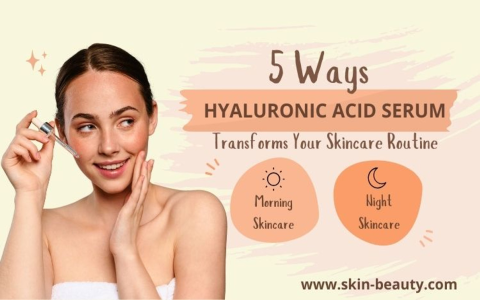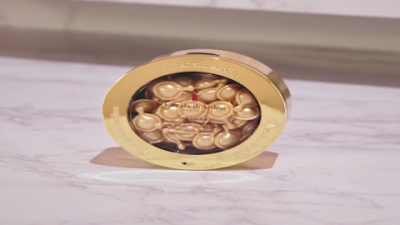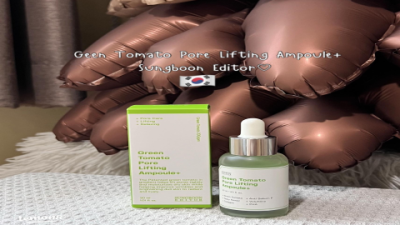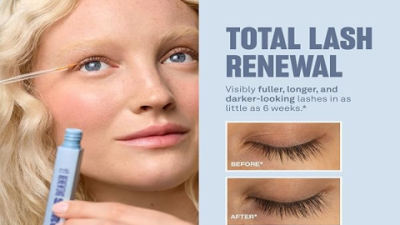Okay, let's be honest here. Standing in the skincare aisle at Target (or scrolling through Sephora at AM, no judgment), trying to decide between salicylic acid and hyaluronic acid serums is... overwhelming. Like, seriously overwhelming. I've been there, staring at bottles with fancy names, reading ingredient lists that might as well be written in ancient Greek.
Both ingredients have this cult-like following online. You know what I mean - those Reddit threads that go on forever, with people swearing by their holy grail serums. Dermatologists love them too. But here's the thing that nobody really talks about upfront: these two ingredients are completely different beasts.
It's kind of like asking "should I buy running shoes or dress shoes?" Well, depends on where you're going, right?
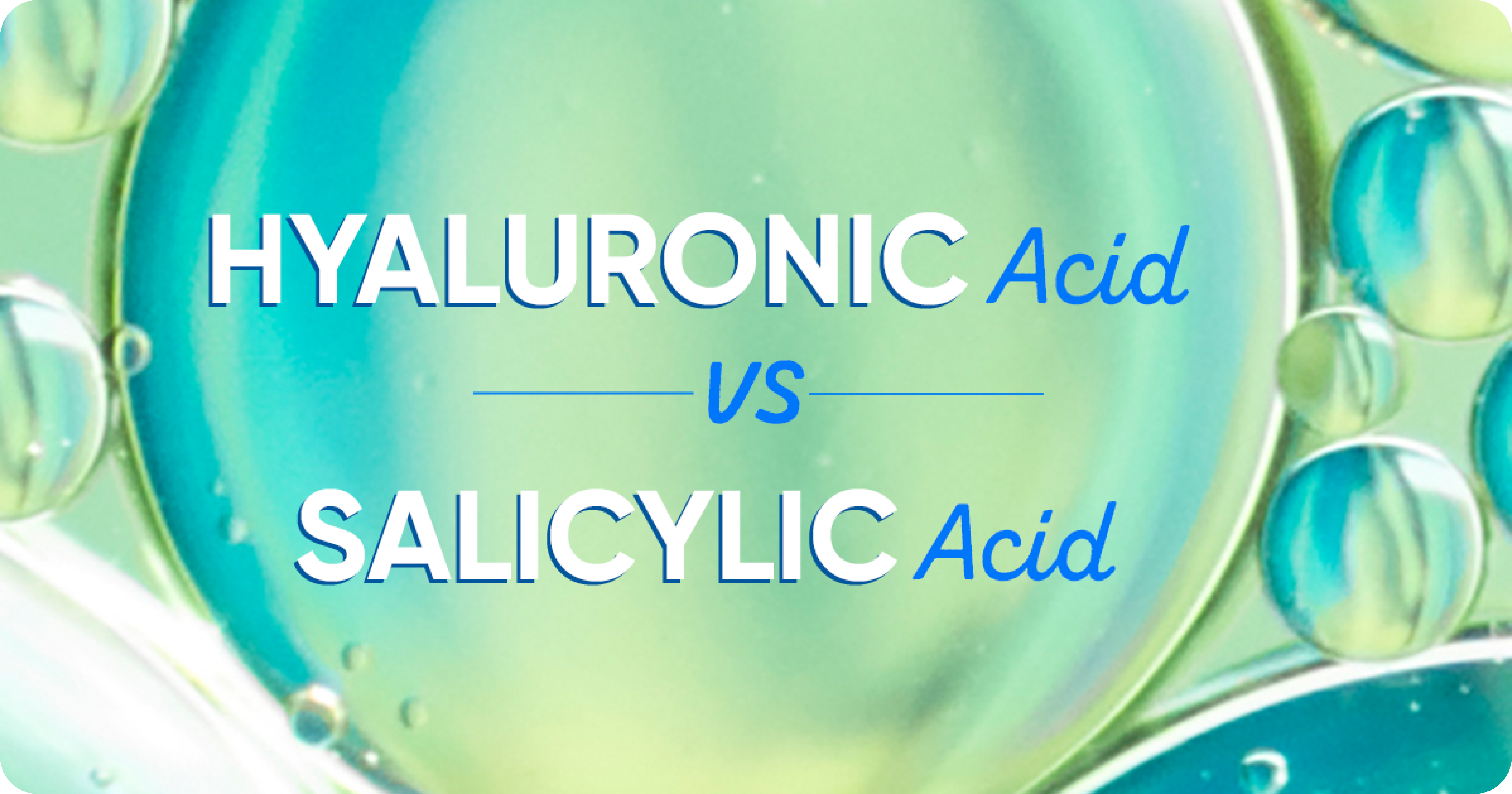
Salicylic acid is your acne-fighting warrior. Hyaluronic acid? That's your hydration hero. And honestly, some lucky people (I'm a bit envious) can use both. Though timing becomes this whole complicated dance that I'm still figuring out myself.
I spent way too much time researching this stuff - probably more than I should admit. But by the end of this deep dive, you'll know exactly which one your skin actually needs. No more expensive impulse purchases that end up gathering dust next to that $ face mask you used exactly once.
The Salicylic Acid Story
So salicylic acid. Where do I even start? This stuff is basically the superhero of beta-hydroxy acids - fancy term, I know. But what makes it special is that it's oil-soluble. Stay with me here, because this matters more than you'd think.
Most acids (like the glycolic acid everyone's always talking about) are water-soluble. They work on the surface. Salicylic acid? This guy dives deep into your pores. It's like having a tiny janitor that can actually get into all those hard-to-reach places where your regular cleanser just... can't.
The science behind it is actually pretty cool. It breaks down the "glue" between dead skin cells - dermatologists call this desquamation, but I just think of it as controlled skin shedding. Sounds gross when you put it that way, but the results? Amazing. Your skin starts looking smoother, pores look smaller, and those annoying blackheads on your nose start to disappear.
But here's where it gets interesting. Salicylic acid also fights inflammation. So it's not just preventing breakouts - it's actually calming down the angry red ones you already have. Double win.
Now, about concentrations. This confused me for the longest time. Over-the-counter stuff usually has 0.5% to 2%. I started with 0.5% because I was terrified of turning my face into a peeling mess (learned from past mistakes with tretinoin). Worked my way up to 2%. Some people go straight for the 2%, but honestly? Your skin will thank you for taking it slow.
Professional treatments can go higher, but that's dermatologist territory. Don't try to DIY that at home. Trust me.
The versatility surprised me though. Yeah, it's great for acne, but I noticed my skin texture improved overall. Those little bumps on my forehead? Gone. Some old acne marks? Fading. My makeup goes on so much smoother now.
But - and this is important - salicylic acid isn't for everyone. If you're allergic to aspirin, stay away. They're related chemically. Also, if you have super sensitive skin or rosacea, this might be too harsh. I learned this the hard way when I recommended it to my sister. Let's just say it didn't go well.
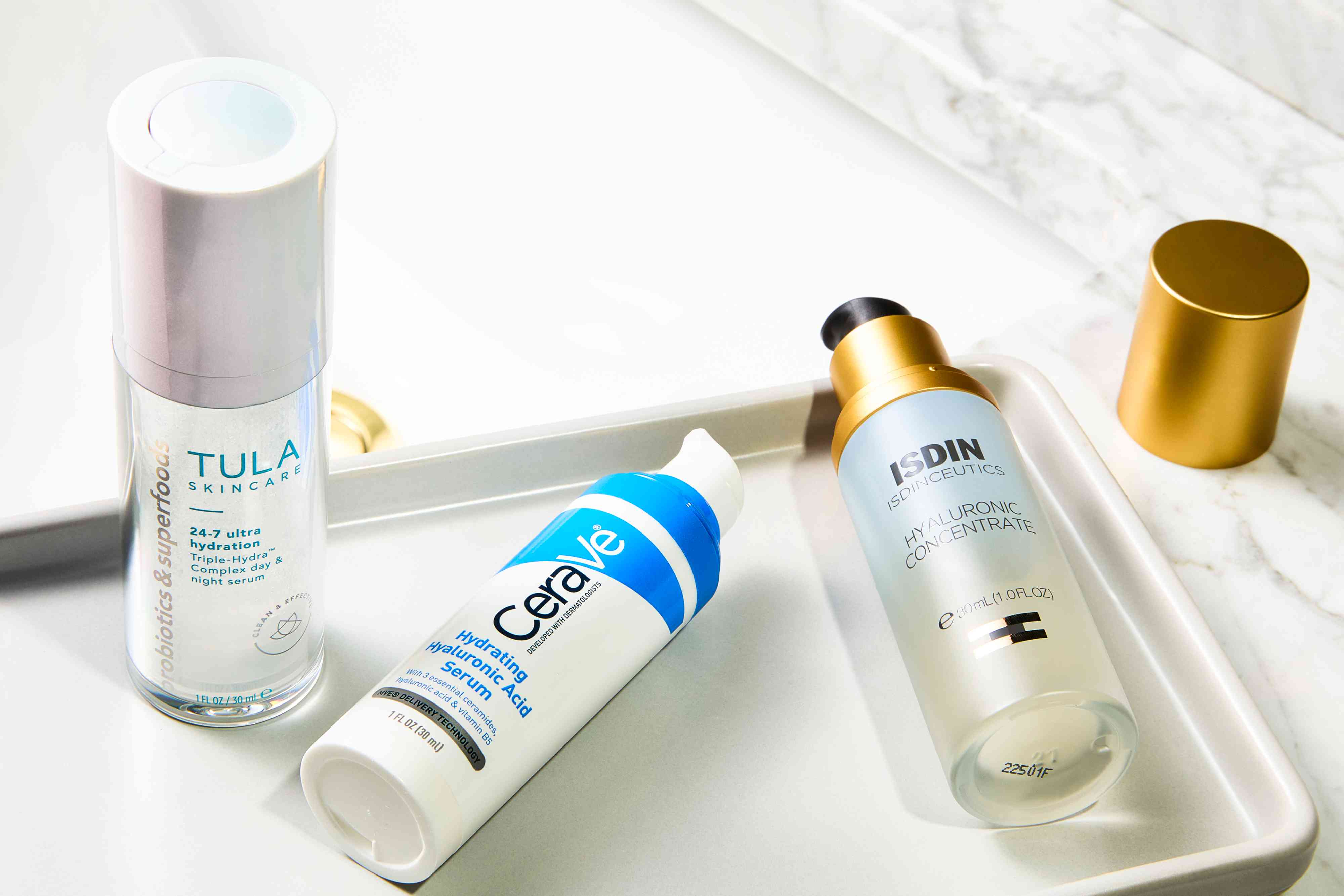
Hyaluronic Acid: The Hydration Game-Changer
Hyaluronic acid is completely different. Like, opposite-end-of-the-spectrum different. This is all about hydration, and when I say hydration, I mean it can hold 1, times its weight in water. One thousand times. That's... a lot.
Your skin naturally makes this stuff, but here's the kicker - production drops as you age. Which explains why my skin felt different in my late twenties. It wasn't just in my head.
Unlike regular moisturizers that just sit on top of your skin (though they have their place), hyaluronic acid actually pulls moisture from the air and deeper layers of your skin up to the surface. It's like having a moisture magnet working 24/7.
The molecular weight thing confused me initially. High, medium, low - what does it all mean? Basically:
- High molecular weight = stays on surface, immediate plumping
- Medium weight = goes a bit deeper, longer-lasting hydration
- Low molecular weight = penetrates furthest, long-term benefits
Most good serums combine all three. Smart, right?
The results are pretty immediate too. I remember the first time I used a hyaluronic acid serum - my skin looked plumper within hours. Those fine lines around my eyes? Less noticeable. Not gone, but definitely softened.
Clinical studies back this up, by the way. It's not just marketing fluff. Regular use improves skin elasticity, reduces fine line depth, and creates more even skin tone. Plus, it helps your skin heal from other treatments or environmental damage.
The best part? It plays nice with everything. Vitamin C, retinoids, other acids - hyaluronic acid is like the friendly neighbor who gets along with everyone. Even sensitive skin types usually tolerate it well.
Head-to-Head: The Real Comparison
Alright, let's get into the nitty-gritty. I made this comparison table because I'm a visual learner, and maybe you are too:
| What it does | Salicylic Acid | Hyaluronic Acid |
| Main job | Exfoliates and fights acne | Hydrates and plumps |
| Best for | Oily, acne-prone skin | Pretty much everyone, especially dry/aging skin |
| How it works | Penetrates pores, dissolves buildup | Attracts and holds moisture |
| When you'll see results | 4- weeks (might get worse before better) | Immediately for plumping, 2- weeks for long-term |
| Potential downsides | Dryness, peeling, sun sensitivity | Rare - maybe some stickiness |
| Plays well with others? | Needs careful layering | Gets along with everything |
Here's what I've noticed from personal experience and talking to friends: salicylic acid is incredible for active acne and textural issues. My friend Sarah, who struggled with hormonal acne for years, saw dramatic improvement after about weeks of consistent use. But she had to push through an initial purging period that was... not fun.
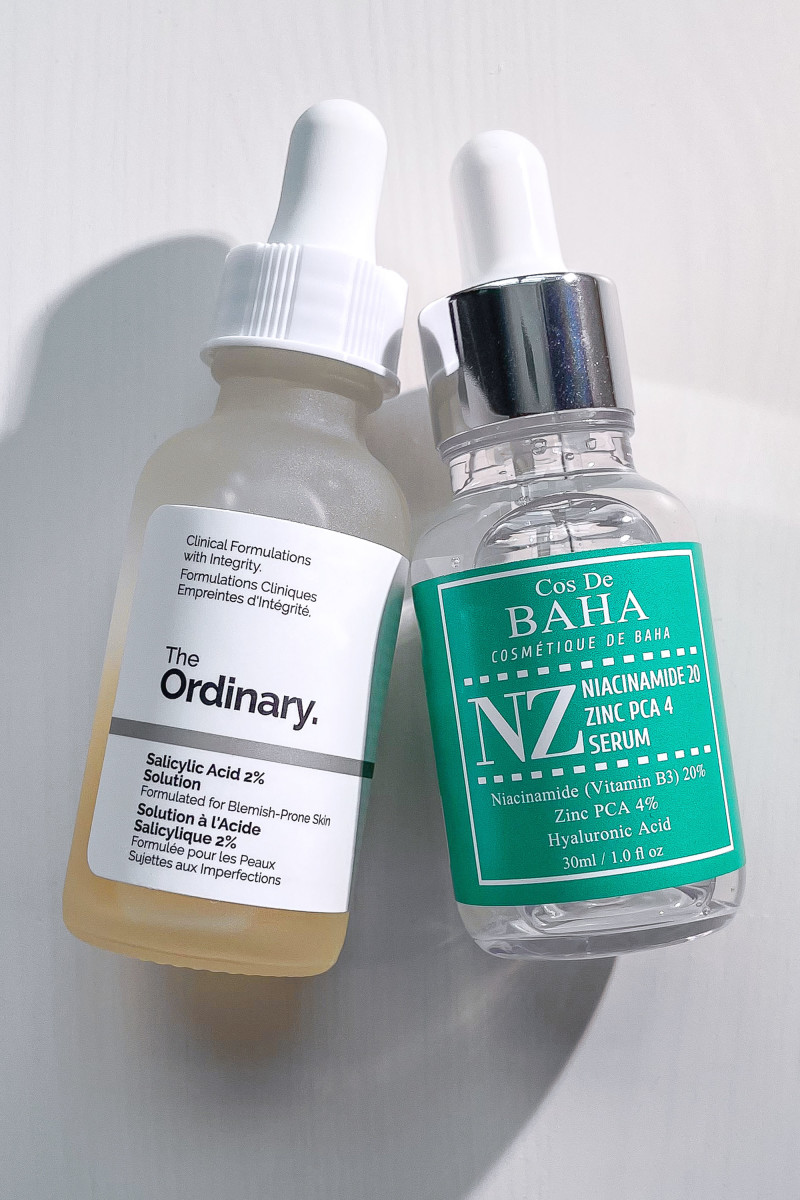
Hyaluronic acid, on the other hand, gives you that instant gratification. You know that "glass skin" look everyone's obsessed with? That's hyaluronic acid doing its thing. My mom started using it in her 60s and couldn't believe the difference it made to her fine lines.
Cost-wise, both can range from drugstore affordable to luxury expensive. I've found that with salicylic acid, you really do get what you pay for in terms of formulation stability and reduced irritation. With hyaluronic acid, even some of the cheaper options work well - it's a pretty straightforward ingredient.
When Each One Wins
Salicylic acid is your winner when:
- You're dealing with persistent acne (been there, it's frustrating)
- Your pores look like they could fit a small car
- Your skin texture feels like sandpaper
- You're young and your main concern is breakouts
- You live somewhere hot and humid where your face feels like an oil slick by noon
I have a friend who's a makeup artist, and she swears by salicylic acid for her clients. Says it creates the perfect smooth canvas for foundation. Makes sense when you think about it.
Hyaluronic acid takes the crown when:
- Your skin drinks up moisturizer and still feels thirsty
- Fine lines are your main concern
- You're using other harsh treatments (retinoids, I'm looking at you) and need something soothing
- You have sensitive skin that freaks out at everything
- You live in a dry climate or blast the heat/AC constantly
Seasonal changes matter too. I tend to use more salicylic acid in summer when I'm oilier, and lean heavily on hyaluronic acid during harsh winters. Your skin's needs aren't static, and that's totally normal.
Geography plays a role that I didn't realize initially. When I visited my cousin in Arizona, my usual routine left my skin feeling tight and uncomfortable. Hyaluronic acid became essential. But when I'm home in humid Florida? Salicylic acid helps manage the excess oil and sweat-related breakouts.
Plot Twist: Using Both Together
Here's something that blew my mind when I first heard it: you can actually use both ingredients together. I know, I know - it sounds like a recipe for disaster. But when done right, they're actually a pretty powerful team.
The trick is in the timing and layering. I use salicylic acid at night (it makes your skin more sun-sensitive anyway), then follow up with hyaluronic acid. The salicylic acid clears out the junk, and the hyaluronic acid swoops in to keep everything hydrated and happy.
I didn't jump into this combo right away though. Started with salicylic acid 2- times a week while using hyaluronic acid daily. Took about a month for my skin to adjust, but now I can't imagine my routine without both.
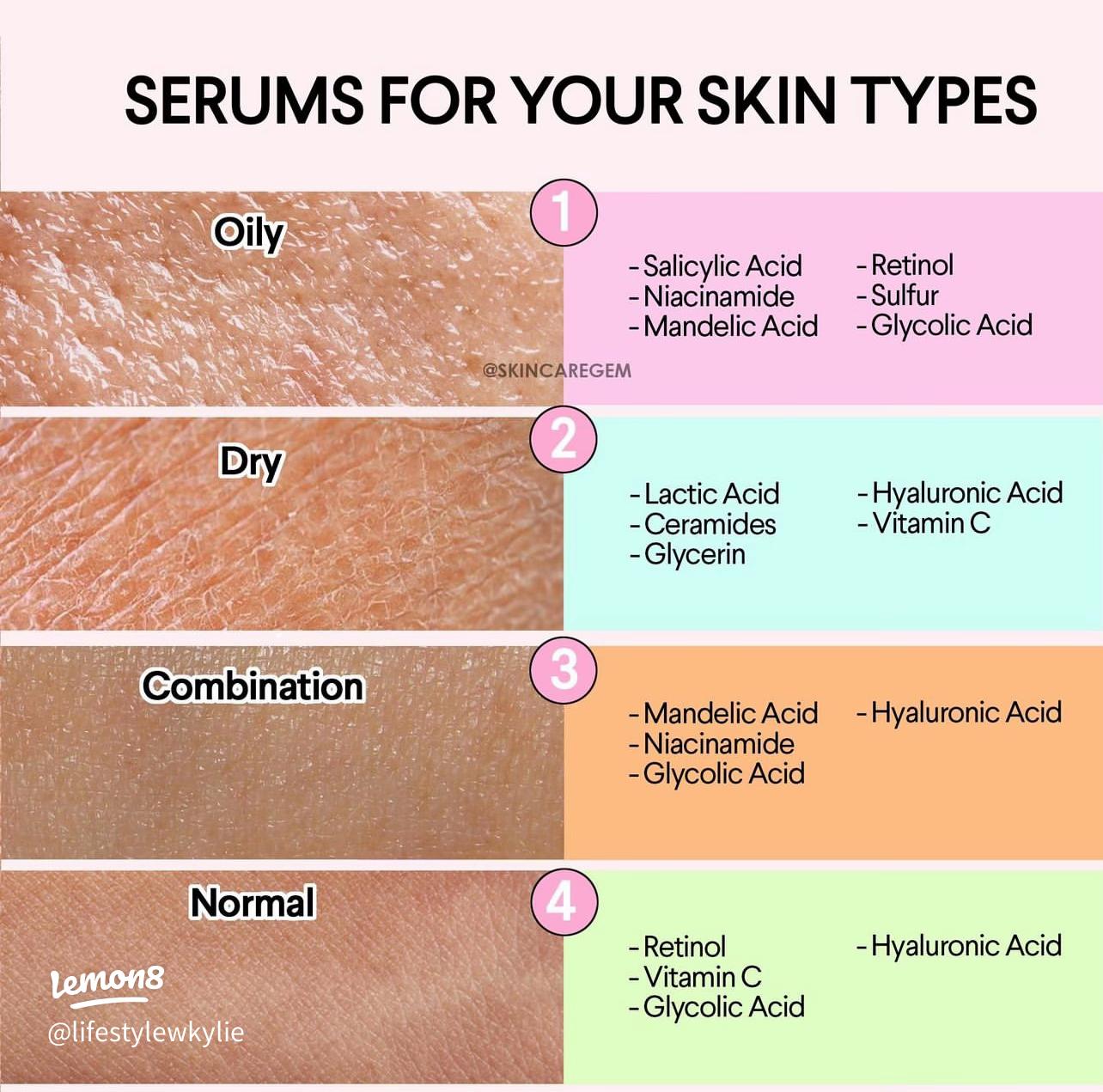
The layering order matters: cleanse, wait for skin to dry, apply salicylic acid, wait about minutes (I usually brush my teeth during this time), then apply hyaluronic acid, then moisturizer. Sounds complicated, but it becomes second nature.
Some people do better alternating days rather than layering. My sister (the one with sensitive skin I mentioned earlier) uses salicylic acid Monday, Wednesday, Friday, and hyaluronic acid Tuesday, Thursday, Saturday, Sunday. Works great for her.
Just remember to pay attention to how your skin responds. If you're getting irritation, back off and simplify. Skincare should make your skin better, not angry.
Common Questions People Always Ask
Can I really use salicylic acid and hyaluronic acid together?
Yes, but be smart about it. Use salicylic acid first on clean, dry skin. Wait 10- minutes, then apply hyaluronic acid. Some people prefer to alternate days instead of layering - do whatever works for your skin.
How long until I see results?
Hyaluronic acid works pretty much immediately for plumping, but long-term benefits take 2- weeks. Salicylic acid is more of a marathon - expect 4- weeks, and don't panic if your skin gets worse initially. That's normal purging.
Which is better for anti-aging?
Hyaluronic acid wins this one hands down. It plumps fine lines and improves elasticity. Salicylic acid can help with sun damage and texture over time, but it's not primarily an anti-aging ingredient.
What should I avoid mixing with salicylic acid?
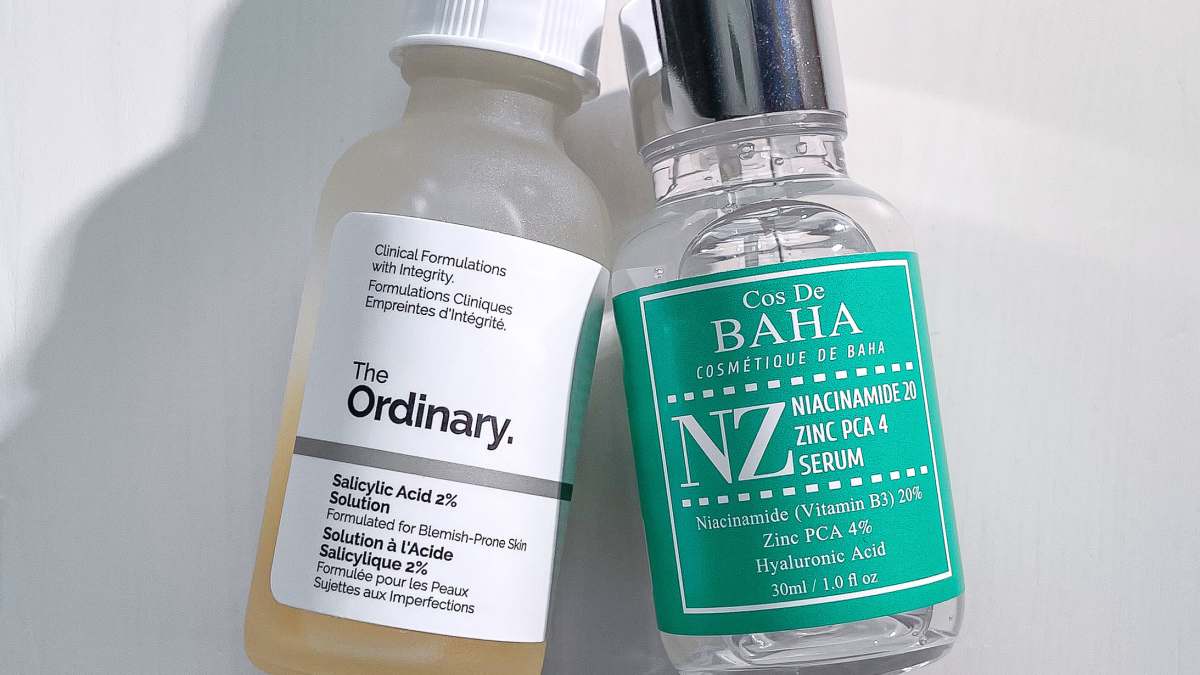
Don't pile on multiple exfoliating acids at once. Be careful with retinoids and vitamin C - introduce slowly and maybe alternate days. And please, please use sunscreen religiously when using salicylic acid.
My skin is super sensitive - which is safer?
Hyaluronic acid is almost universally well-tolerated. Salicylic acid might be too harsh for very sensitive skin. If you want to try it, start with 0.5% concentration and use it just once or twice a week initially.
Do I still need moisturizer with hyaluronic acid?
Absolutely yes. Hyaluronic acid needs to be sealed in, especially if you live somewhere dry. Without a moisturizer on top, it can actually pull moisture from deeper skin layers and leave you more dehydrated.
The Bottom Line
Look, I've spent way too much money and time figuring this out, so let me save you some trouble. The "winner" depends entirely on what your skin actually needs right now.
If you're battling breakouts, dealing with clogged pores, or your skin feels rough and bumpy, salicylic acid is going to be your best friend. It's not glamorous, and you might go through an ugly phase initially, but the long-term results are worth it.
If hydration is your main concern - whether from aging, dry climate, or just naturally dry skin - hyaluronic acid is going to give you that plump, healthy glow everyone's after. Plus, it plays nice with everything else in your routine.
And honestly? Many of us need both eventually. Your skin changes with seasons, age, hormones, stress, and about a million other factors. What works perfectly in your twenties might need tweaking in your thirties.
My advice? Start with whichever addresses your biggest current concern. Get that sorted, then consider adding the other if needed. Don't try to overhaul your entire routine at once - that's a recipe for irritation and confusion about what's actually working.
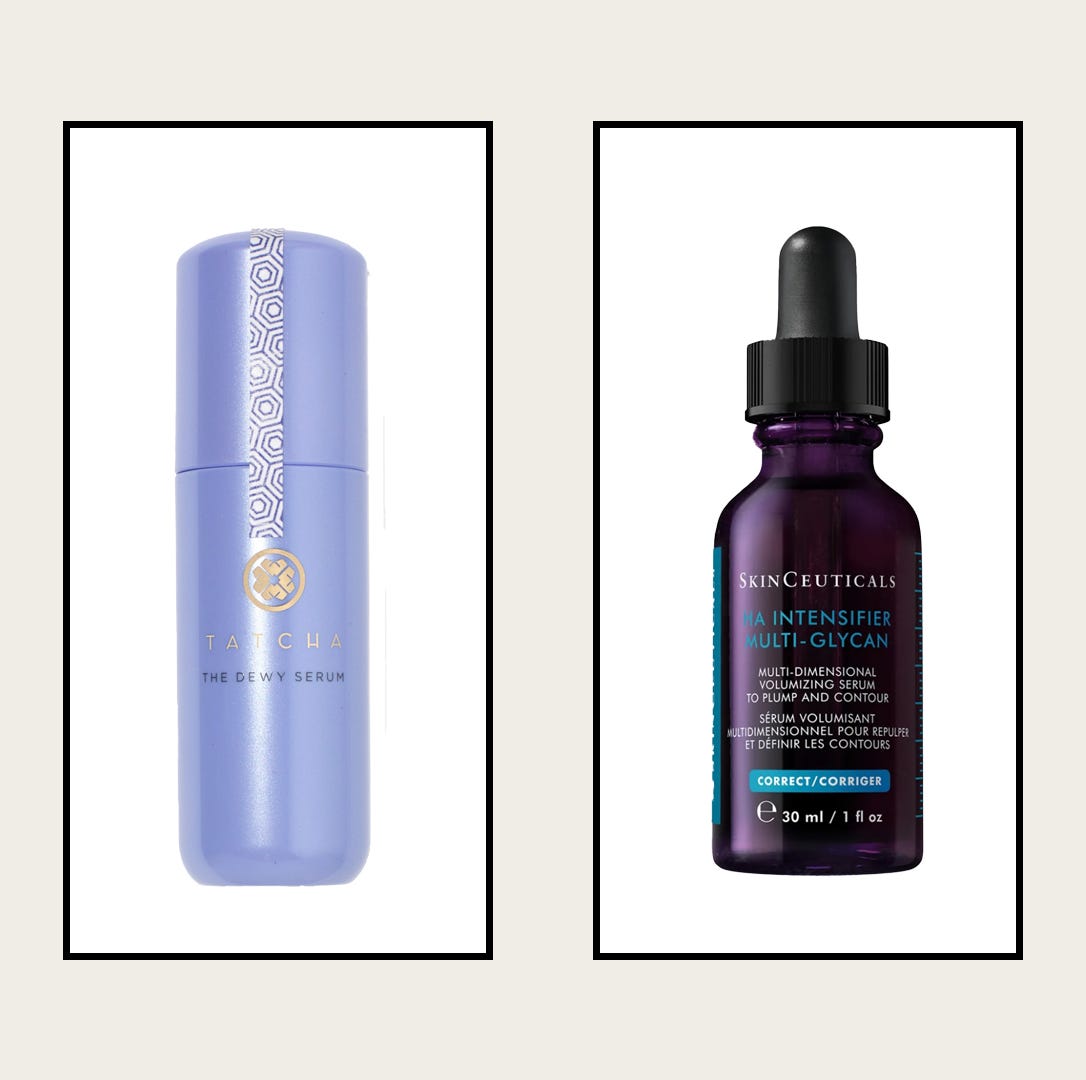
Also, please don't feel like you need to follow every skincare trend on social media. Some of us (myself included) have learned this the expensive way. Your skin is unique, and what works for that influencer with the perfect lighting might not work for you.
Consider talking to a dermatologist if you're really unsure or have specific skin conditions. Yeah, it costs more upfront, but it can save you from years of trial and error with products that aren't right for your skin type.
Remember, good skin is a marathon, not a sprint. Consistency matters more than having the most expensive products or following the most complicated routine. Find what works, stick with it, and be patient. Your future self will thank you.
